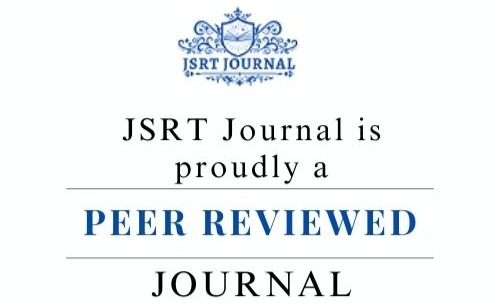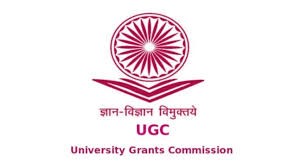Public-Private Partnership On National Highways In Karnataka: Opportunities And Challenges
Keywords:
Public-Private Partnership, National Highways, Karnataka, Infrastructure Development, Road SafetyAbstract
Public-Private Partnerships (PPPs) have transformed infrastructure development in India, particularly for National Highways in Karnataka, a state with 4,491 km of critical highway networks. This study evaluates the efficacy of PPP models in enhancing Karnataka’s National Highways under the National Highways Development Project (NHDP), focusing on projects like NH-48 and NH-44. Using a mixed-methods approach, the research analyzes NHAI reports, Karnataka PWD data, and case studies to assess performance metrics such as cost efficiency, completion timelines, traffic flow, and safety improvements. Findings reveal that PPPs have reduced project delays by 20% and improved road quality, but challenges like funding disputes and risk allocation persist. The study proposes a framework for optimizing PPP contracts, emphasizing stakeholder collaboration and innovative financing. By addressing these challenges, PPPs can enhance connectivity, reduce congestion, and align with India’s infrastructure goals. This research offers actionable insights for policymakers and stakeholders to strengthen PPP frameworks, ensuring sustainable and safe highway development in Karnataka.











